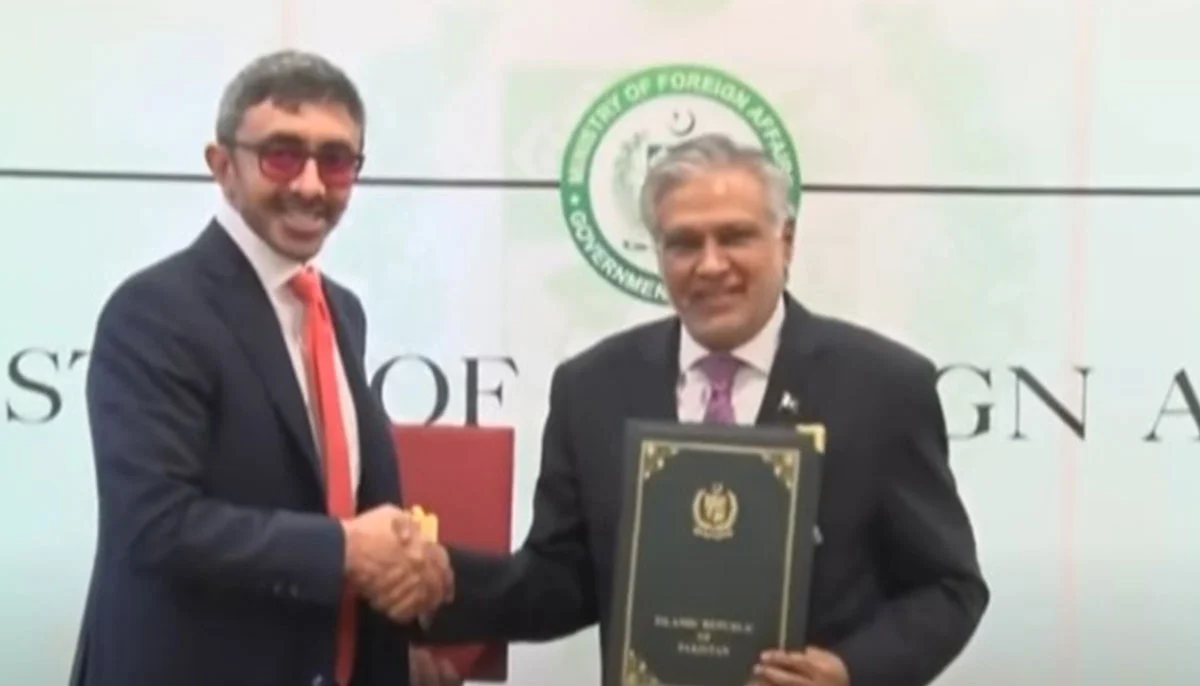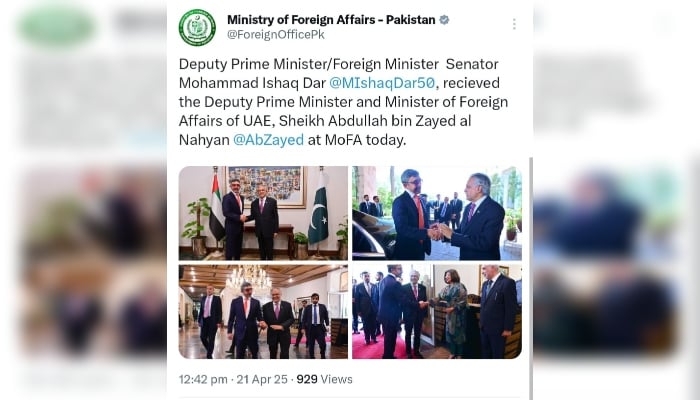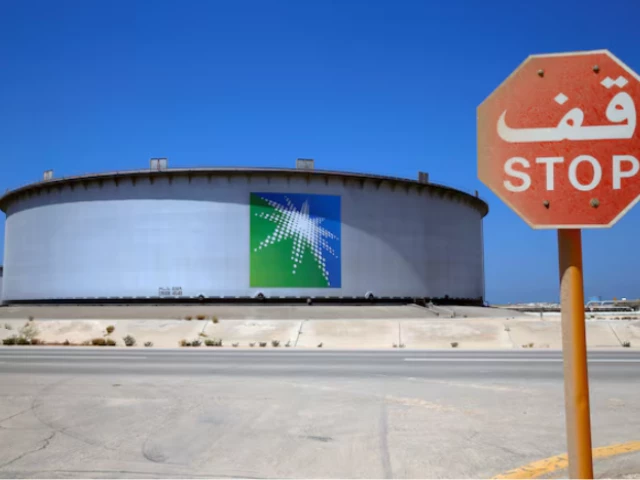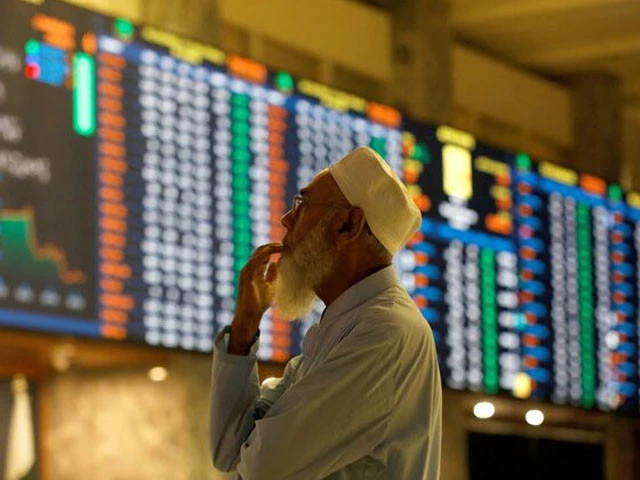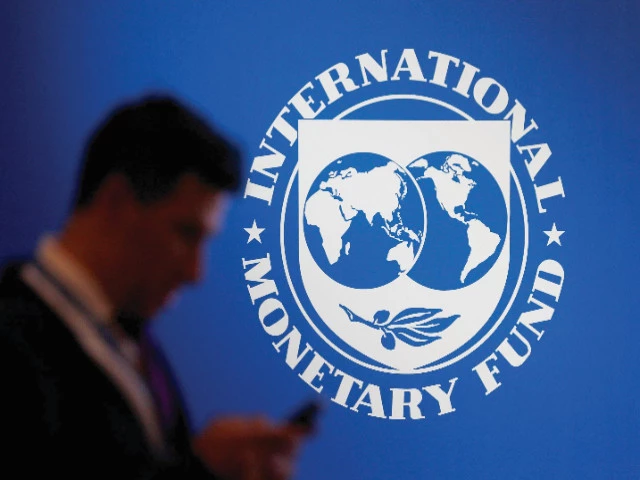Pakistan and the United Arab Emirates (UAE) on Monday formalised multiple agreements aimed at enhancing cooperation in key areas such as trade, culture, and consular services.
Deputy Prime Minister and Foreign Minister Mohammad Ishaq Dar and his UAE counterpart, Sheikh Abdullah Bin Zayed Al Nahyan, signed a Memorandum of Understanding (MoU) between the UAE Ministry of Culture and the Culture Division of Pakistan to promote cooperation in the cultural sector.
Similarly, the two dignitaries also signed an MoU for the establishment of a joint committee on consular affairs.
Meanwhile, the two sides witnessed the exchange of an MoU signed between the Federation of UAE Chambers of Commerce and Industry and the Federation of Pakistan Chambers of Commerce and Industry (FPCCI) for the establishment of the UAE-Pakistan Joint Business Council.
UAE Assistant Minister for Economic and Trade Affairs, Saeed Mubarak Al Hajeri, and FPCCI President Atif Ikram Sheikh exchanged the signed documents.
Earlier, welcoming the UAE Deputy Prime Minister at the Ministry of Foreign Affairs, DPM Dar said the two countries shared a decades-old fraternal relationship rooted in mutual commitment, love, and affection.
He added that both countries were working together for the benefit and welfare of their people.
The UAE DPM said he was pleased with the hospitality extended during his visit to Pakistan — “a country which is close to our hearts in the UAE and also to my heart personally.”
Expressing satisfaction with the current pace of bilateral relations, he said the leadership of both countries was keen to further strengthen the relationship.
Sheikh Abdullah’s visit comes after Abu Dhabi Crown Prince Sheikh Khaled bin Mohamed bin Zayed Al Nahyan visited Pakistan in February, during which the two countries signed five agreements to enhance bilateral cooperation in various fields, including banking, railways, mining and infrastructural investment.
Pakistan and the UAE share a rich history of bilateral ties expanding to multiple fields and domains, with a large number of Pakistanis living and working in the Gulf country, which has also recently enabled Pakistani nationals to obtain five-year visas as well.
Pakistan, Rwanda strengthen ties
In addition to this, Pakistan and Rwanda vowed to strengthen bilateral cooperation across different sectors, including trade, defence, technology, and diplomacy, to build a mutually beneficial partnership and exploit the existing growth potential.
The bilateral ties were discussed during “in-depth” discussions between Dar and Rwanda’s Minister for Foreign Affairs and International Cooperation Ambassador Olivier Jean Patrick Nduhungirehe, who was also on his first official visit to Pakistan from April 21-22.
Following their delegation-level meeting and signing of an MoU in the field of diplomatic training, the two foreign ministers expressed satisfaction over the strengthening of bilateral relations.
They also reiterated their commitment to deepen mutually beneficial cooperation in priority areas like trade, investment, defence, diplomacy, and people-to-people exchanges.
In his remarks, Deputy Prime Minister Dar said that Pakistan’s exports in pharmaceuticals, textiles, rice, surgical instruments, agri-tech, and sports goods had strong potential in Rwanda.
Dar also said that Pakistan looked forward to the continued engagement of Rwandan businesses, including at the upcoming Pakistan-Africa Trade Development Conference and Single Country Exhibition in Addis Ababa in May 2025.
Meanwhile, Rwandan FM r Olivier JP Nduhungirehe said that his country’s exports to Pakistan stood at $26 million and expressed keenness to explore joint projects. Pakistan’s exports to Rwanda in the fields of trade, industry, and health were around $100 million.
Emphasising bilateral cooperation in tourism and sports, particularly cricket as the game was highly popular on both sides, Nduhungirehe said that the two countries desired to work together in many sectors such as trade, investment, education, and defence.
He also lauded Pakistan’s contribution in finding a solution to conflicts on the African continent while currently being a non-permanent member of the UN Security Council.

